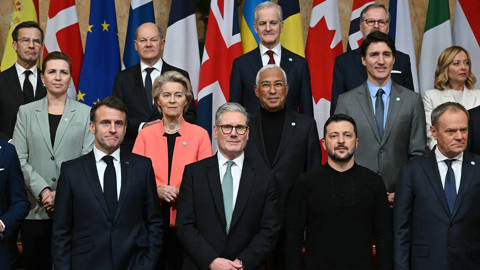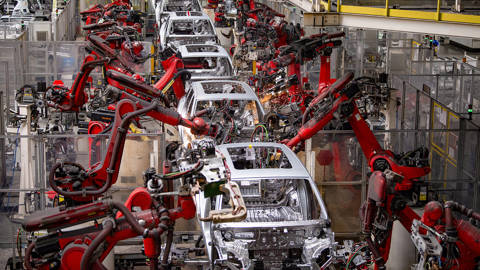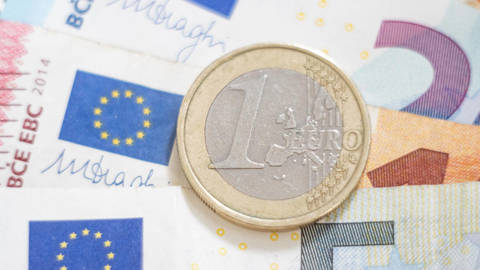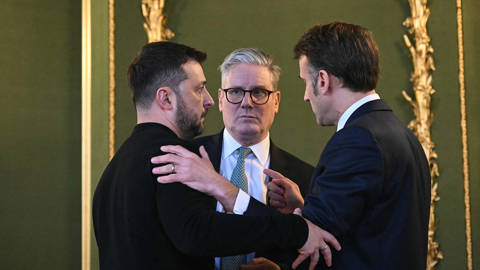Christian Catalini
Christian Catalini, Founder of the MIT Cryptoeconomics Lab, is a research scientist at MIT, Co-Founder and Chief Strategy Officer of Lightspark, and a member of the US Commodity Futures Trading Commission’s Technology Advisory Committee.
-
Crypto Policy Needs to Empower Builders, Not Speculators

Crypto Policy Needs to Empower Builders, Not Speculators
Sep 4, 2024 Christian Catalini, et al. explain how the next administration can establish America’s leadership in a cutting-edge industry.
-
Bitcoin and Beyond

Bitcoin and Beyond
Apr 23, 2021 Christian Catalini, et al. explain the beliefs supporting cryptocurrencies and where the underlying technology could lead next.








